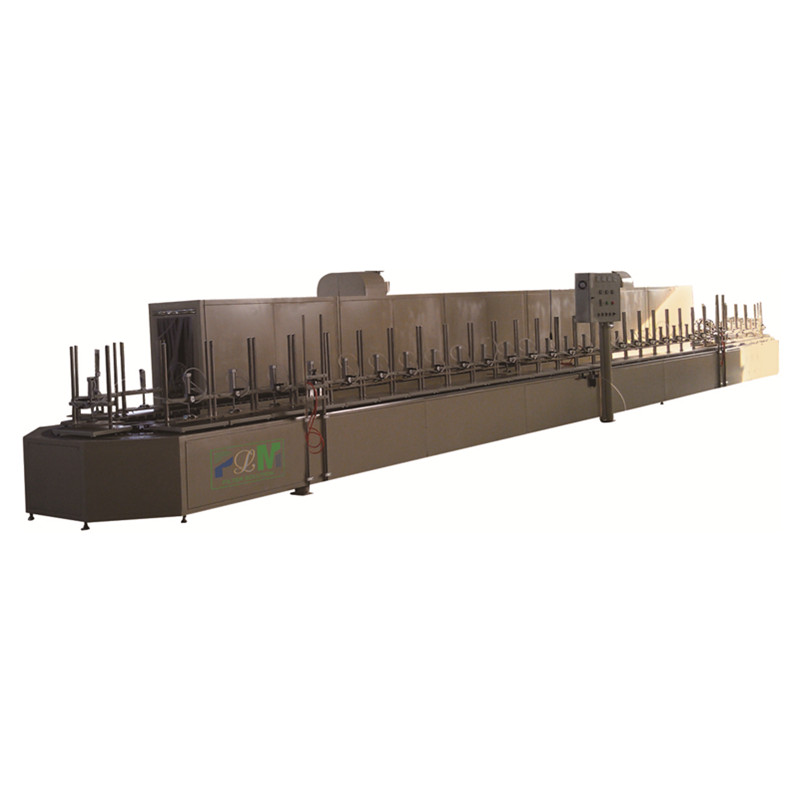Sep . 26, 2024 01:30 Back to list
centrifugal oil filter
Understanding Centrifugal Oil Filters Principles, Benefits, and Applications
Centrifugal oil filters are integral components in many industrial and automotive applications, designed to improve the efficiency and longevity of engines and machinery. Unlike traditional oil filters that use paper or fabric membranes to capture contaminants, centrifugal oil filters leverage the principles of centrifugal force to separate impurities from oil. This article explores the underlying principles of centrifugal oil filters, their benefits, and various applications.
How Centrifugal Oil Filters Work
At the core of a centrifugal oil filter's operation is the principle of centrifugal force. When oil contaminated with particulates enters the filter, it is spun rapidly around a cylindrical drum, typically made of metal. The high rotational speed creates a significant force that pushes heavier particles—such as dirt, metal shavings, and sludge—towards the outer walls of the drum. This separation occurs because the centrifugal force acts on the density difference between the oil and the contaminants.
The clean oil, being lighter, remains closer to the center and is drawn out to be recirculated back into the engine or machinery. The separated contaminants accumulate on the outer wall of the filter and can be easily removed or flushed out, depending on the design of the filter system. This mechanism allows for continuous filtration without the need for frequent replacements of filter media, as seen in traditional filters.
Benefits of Centrifugal Oil Filters
1. Increased Efficiency Centrifugal oil filters provide a higher degree of filtration compared to conventional oil filters. Their ability to manage a wider range of particle sizes ensures that even the smallest contaminants are effectively removed from the oil, enhancing engine performance.
2. Cost-Effectiveness Although the initial investment for a centrifugal oil filter may be higher, the long-term savings are substantial. The filters have longer service lives due to the lack of consumable filter elements and the ability to clean and reuse the filter apparatus. This not only reduces the frequency of replacements but also minimizes waste.
centrifugal oil filter

3. Environmentally Friendly By extending the life of oil and reducing waste, centrifugal oil filters contribute to more sustainable industrial practices. Their design allows for easy cleaning and maintenance, leading to less environmental pollution compared to disposable filter options.
4. Higher Flow Rates The design of centrifugal oil filters facilitates higher flow rates, which is particularly beneficial in applications requiring significant oil circulation. This characteristic helps maintain optimal performance levels in engines and machinery, preventing overheating and ensuring smooth operation.
5. Versatility Centrifugal oil filters can be employed across various industries, including automotive, marine, manufacturing, and power generation. They are suitable for applications in diesel engines, hydraulic systems, and lubrication systems, adapting well to diverse operational environments.
Applications of Centrifugal Oil Filters
Centrifugal oil filters find widespread use in several fields. In the automotive industry, they are commonly utilized in heavy-duty diesel engines where particulate and soot management is critical. Their ability to handle high volumes of oil at elevated temperatures makes them ideal for transport vehicles and heavy machinery.
In industrial settings, such as manufacturing and power generation, these filters are used for hydraulic and lubrication systems to maintain the cleanliness of oils, ensuring that machinery operates at peak efficiency. Moreover, centrifugal filters are increasingly adopted in marine applications, where they help in maintaining the reliability of engines operating in harsh conditions.
Conclusion
Centrifugal oil filters represent a significant advancement in filtration technology, offering superior efficiency, cost savings, and environmental benefits. Their unique mechanism of utilizing centrifugal force for contaminant separation makes them an excellent choice across various industries. As businesses continue to prioritize sustainability and operational efficiency, the adoption of centrifugal oil filters will likely grow, helping to ensure that engines and machinery remain in peak condition for years to come.
-
PLAB-6 A B Two Compounds Filter End Cap Gluing Machine-Hebei Filter Man|Precision Gluing, Efficient Manufacturing
NewsAug.17,2025
-
PLAB-6 A B Two Compounds Filter Gluing Machine - Hebei Filter Man
NewsAug.17,2025
-
PLAB-6 A B Two Compounds Filter End Cap Gluing Machine-Hebei Filter Man Automotive Parts Trading Co., Ltd|Precision Gluing&Industrial Automation
NewsAug.17,2025
-
Active Carbon Air Filter for Air Purifier - Odor & VOC Removal
NewsAug.17,2025
-
PLAB-6 A B Two Compounds Filter Gluing Machine-Hebei Filter Man|Precision Automation,Customizable Settings
NewsAug.16,2025
-
PLAB-6 A/B Two Compounds Filter End Cap Gluing Machine - Hebei Filter Man
NewsAug.16,2025
